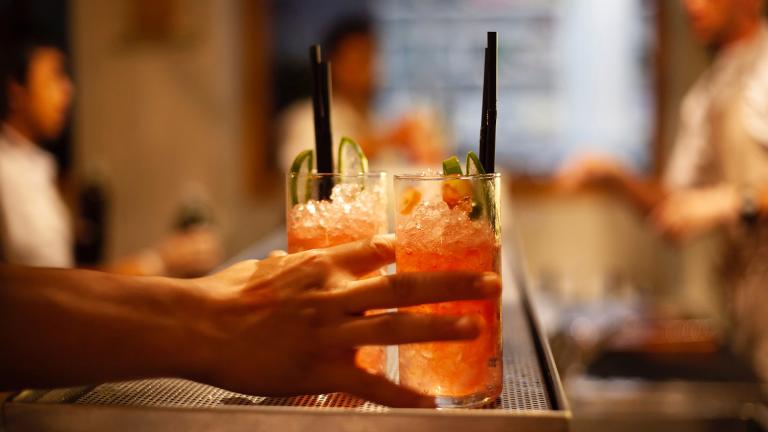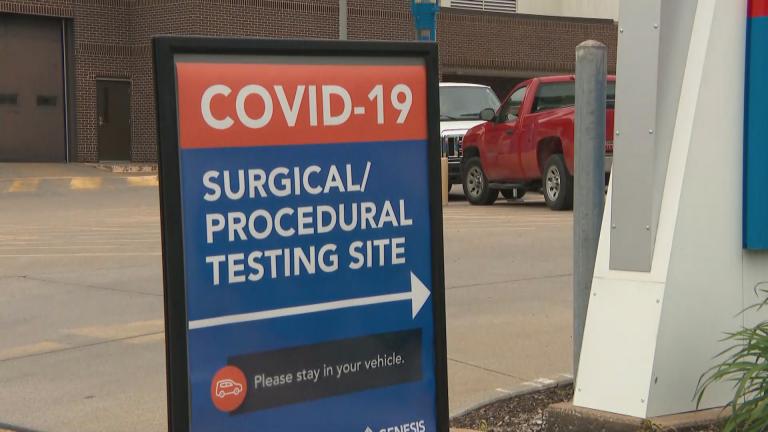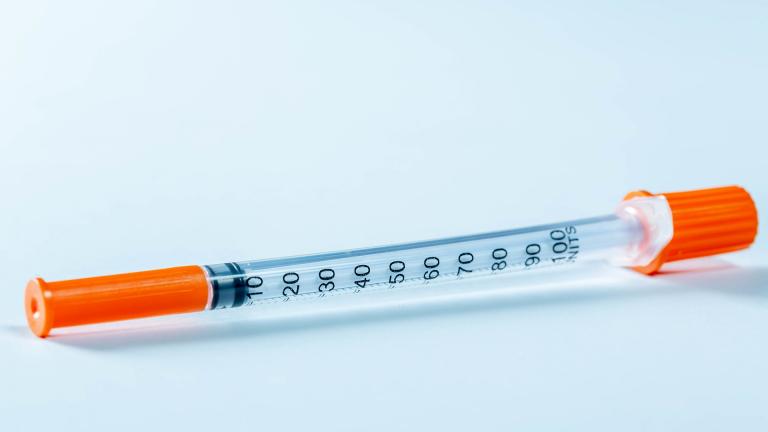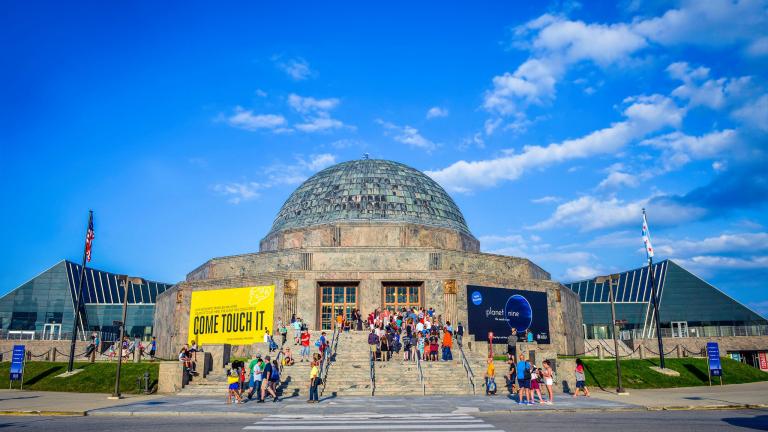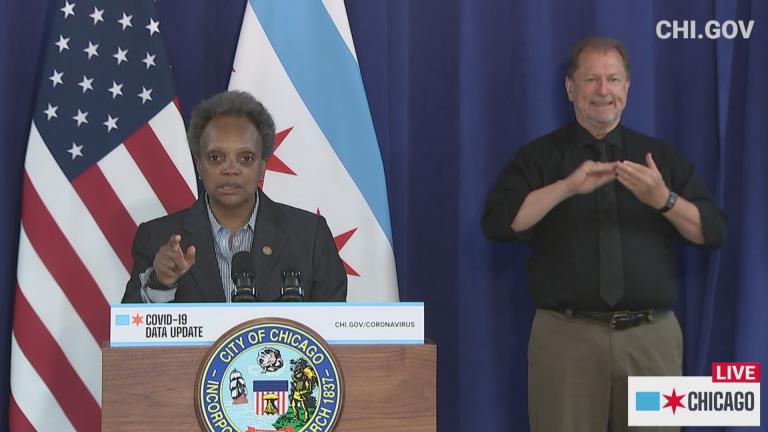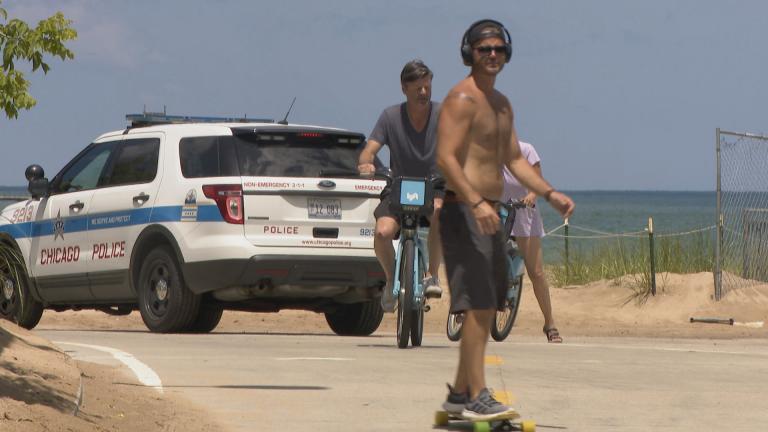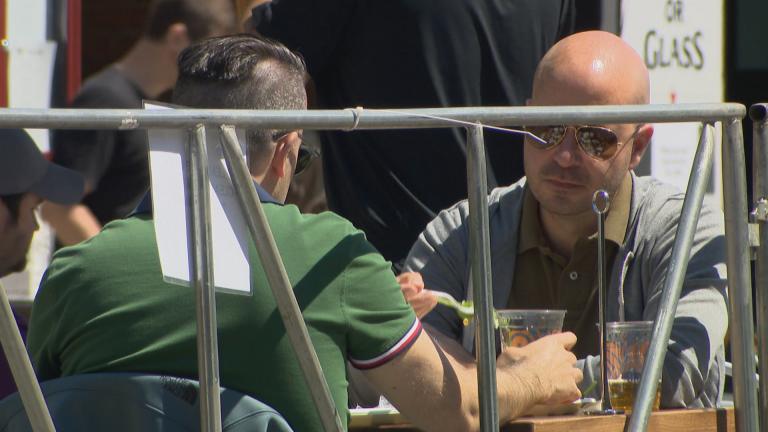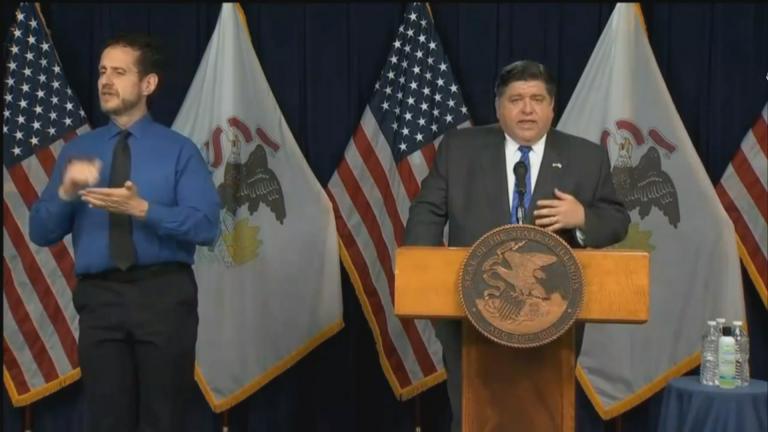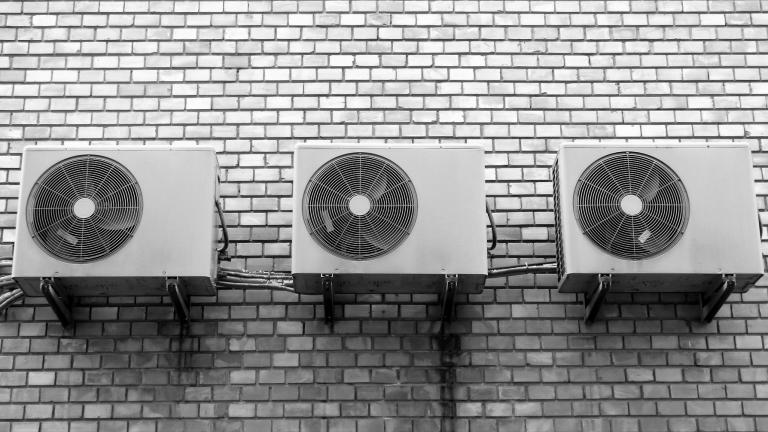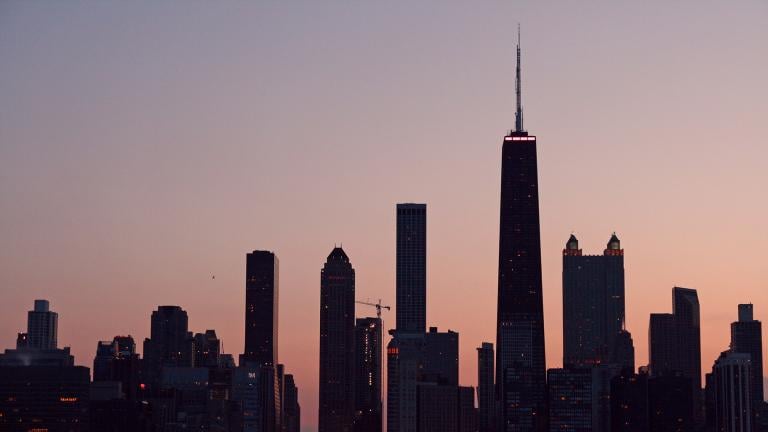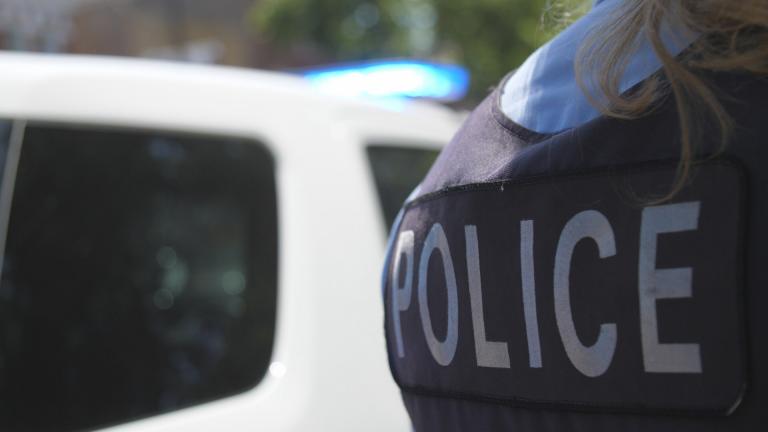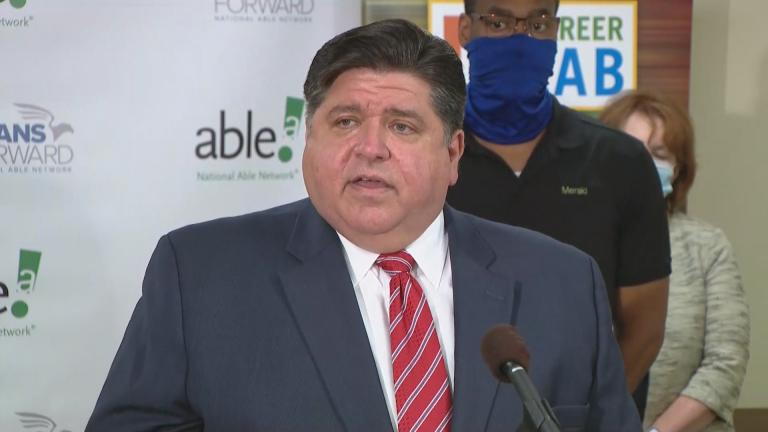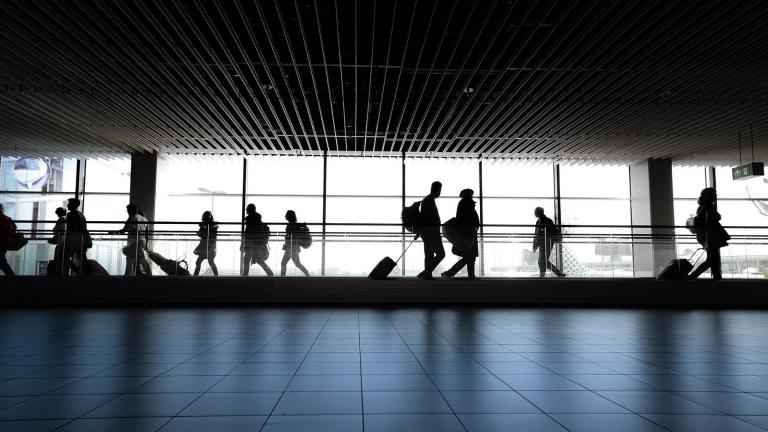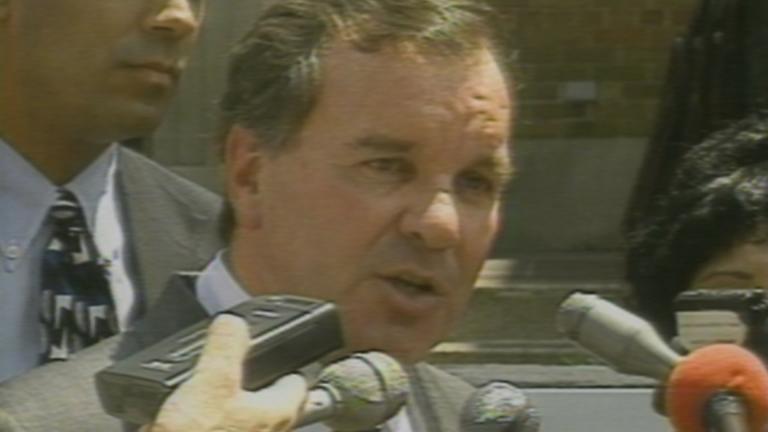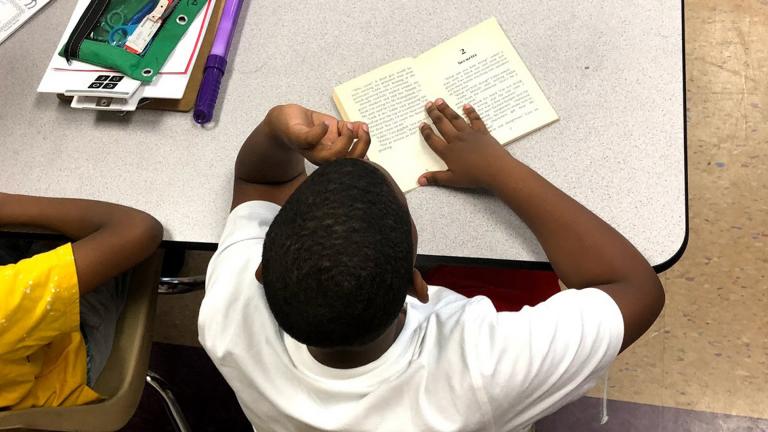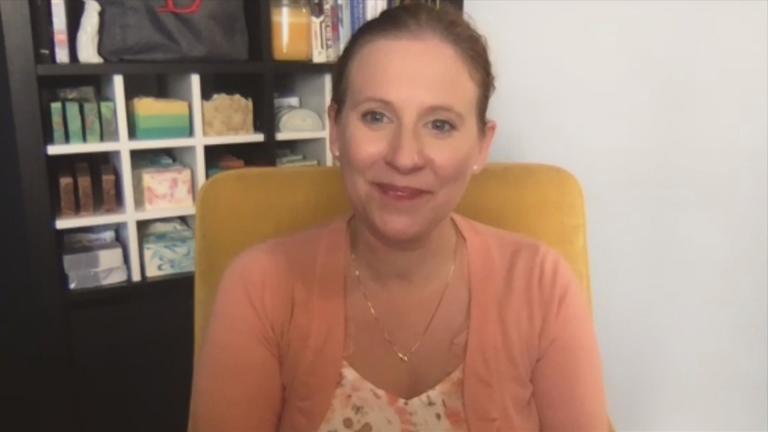Health
Chicago bars will no longer be able to serve customers indoors starting Friday as part of a rollback ordered by Mayor Lori Lightfoot following an increase in the number of coronavirus cases.
Saturday marks the state’s fourth consecutive day in which more than 1,000 new cases of COVID-19 were confirmed. After falling below 1,000 new cases per day from June 6 to July 8, this month has so far seen seven days above 1,000.
COVID-19 is disproportionately impacting Black and Brown communities, but the opioid crisis is also taking a “devastating toll” on Chicago-area residents this year, Cook County Board President Toni Preckwinkle said.
Museums and aquariums can now reopen their doors — with restrictions — but few of them have, and at least one Chicago institution says it will remain closed until phase five of Illinois’ reopening plan.
Will an uptick in COVID-19 cases lead to more restrictions across the city and state? Our politics team takes on that story and more in this week’s roundtable.
Even if you practice safe habits, there’s always a chance you’ll come into contact with someone who has COVID-19. There’s no guarantee you’ll get it too, but there’s also no guarantee you won’t. So what then?
Chicago bars have been open since the middle of June, and since that time, new coronavirus cases in young people are spiking. How are bar owners and managers handling their business — and the safety of customers and employees?
With the number of coronavirus cases rising in Illinois, Gov. J.B. Pritzker on Wednesday announced a new COVID-19 mitigation plan to combat a possible resurgence of the virus.
With temperatures set to soar in Chicago in the coming days, Dr. Allison Arwady reassured residents that it’s “safe and appropriate” to use air conditioning in their apartments and homes without risking the spread of COVID-19.
Mayor Lori Lightfoot on Wednesday delivered a blunt warning to young adults in Chicago: you are spreading the coronavirus, and threatening the tentative progress Chicago has made in fighting the pandemic.
While the Chicago Police Department is increasing its community policing efforts, a new behavioral health task force on the West Side is convening to address trauma as a root cause of violence.
“I will not hesitate to reimpose some mitigations if we see (coronavirus) numbers moving upward,” Gov. J.B. Pritzker said Tuesday. “My concern again is all about the health and safety of the people of Illinois.”
The 14-day quarantine order currently covers travelers to Chicago from 15 states, including California and Florida. Starting Friday, it will also apply to those coming from Iowa and Oklahoma, according to the mayor’s office.
A look back at Chicago’s deadly heat wave — and how it compares to the coronavirus pandemic — with Eric Klinenberg, author of the 2002 book, “Heat Wave: A Social Autopsy of Disaster in Chicago.”
President Donald Trump is pressuring schools to fully reopen in the fall. But as many teachers, parents and even some students are expressing fears over returning to school, cases of COVID-19 are rising across the country.
COVID-19 numbers are rising nationally to startling new highs. Cases in the city and state are also climbing. What’s going on? We check in with Dr. Emily Landon of UChicago Medicine.

